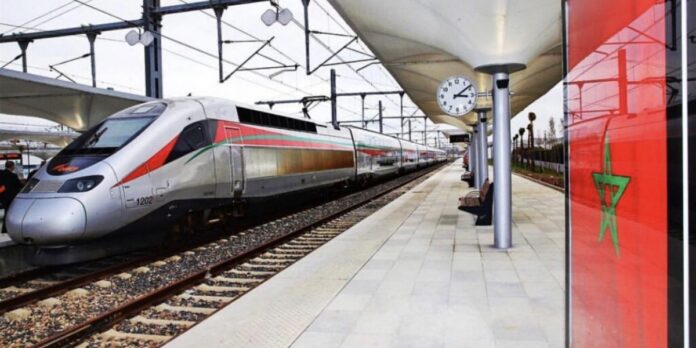The National Office of Railways (ONCF) is taking a major step forward in its ambitious development plan for 2030 with the acquisition of 168 next-generation trains, a project valued at 29 billion dirhams.
This large-scale initiative, launched under the leadership of King Mohammed VI, aims to modernize the existing fleet, support the increasing demand for rail travel, and advance major infrastructure projects. Among the key developments are the extension of the high-speed rail line from Kenitra to Marrakech and the introduction of new commuter rail services in the country’s main regions.
Over the past year, ONCF conducted a highly competitive bidding process, engaging in extensive negotiations with leading global train manufacturers. At the conclusion of this process, contracts were awarded to the most competitive and cost-effective bidders. The contract for 18 high-speed trains was secured by the Alstom Transport S.A and Alstom Railways Morocco consortium. Spanish company Construcciones y Auxiliar de Ferrocarriles (CAF) won the deal for 40 intercity trains, while South Korea’s Hyundai Rotem was selected to supply 110 commuter trains for rapid transit and metropolitan services.
Beyond simply upgrading its fleet, ONCF is pursuing a broader industrial strategy by requiring its selected partners to invest in local manufacturing. This includes setting up a production facility in Morocco dedicated to building commuter trains, a move that not only strengthens the country’s railway sector but also positions it for future export opportunities.
Additionally, ONCF plans to establish long-term maintenance partnerships with the winning manufacturers to ensure the new trains remain in top condition for years to come. The entire project will be financed through concessional loans negotiated with international partners.
This modernization effort is particularly strategic as Morocco prepares to co-host the 2030 FIFA World Cup alongside Spain and Portugal. Upgraded rail infrastructure will play a crucial role in facilitating smooth and efficient transportation for this global event, further cementing the country’s position as a key player in international transport and logistics.
